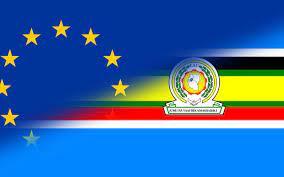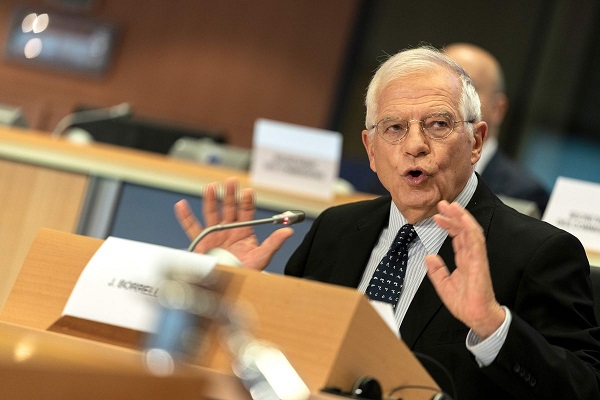The East African Community (EAC) last year exported agri-food products worth a staggering 2.16 billion Euros to the European Union, according to a recent report by Eurostat, which highlights the success story of a collaboration between both partners that contributes to the EAC’s economic development.
According to Eurostat, the EU’s statistics authority, the volume of EAC’s agri-food exports in 2022 represented an increase of 26.2% from the previous year. Put together, coffee, tea, cocoa and spices accounted for 44.5% of all the EAC agri-food exports to the EU in 2022, followed by horticulture at 24.5%. There has also been a notable increase in the export of coffee, spices, and avocado from the EAC to the EU. When it comes to the economies of the EAC, agriculture stands tall as the backbone. Not only does it contribute to food security, but it also fuels employment, industrial development, trade and investment. Given the multitude of challenges across the agricultural value chain and the competing priorities for limited national resources, the support of the EU and other development partners becomes critical.
The EU, working within the policy and institutional framework of the partner states and under the oversight of the EAC Secretariat, is making invaluable contributions in this regard. A prime example of this collaborative effort is the EU-EAC Market Access Upgrade Programme (MARKUP), launched in 2018 with 35 million Euros funding from the bloc, aimed at bolstering exports in selected value chains across five EAC Partner States: Burundi, Kenya, Rwanda, Uganda, and Tanzania. Since 2018, MARKUP has reached more than 30,000 farmers, businesspersons, experts and policy makers in Burundi, Kenya, Rwanda, Uganda and Tanzania. The EU has lauded partner collaboration in realizing the objectives of MARKUP, noting that the program has made significant inroads in enabling farmer groups to access a wider market.



